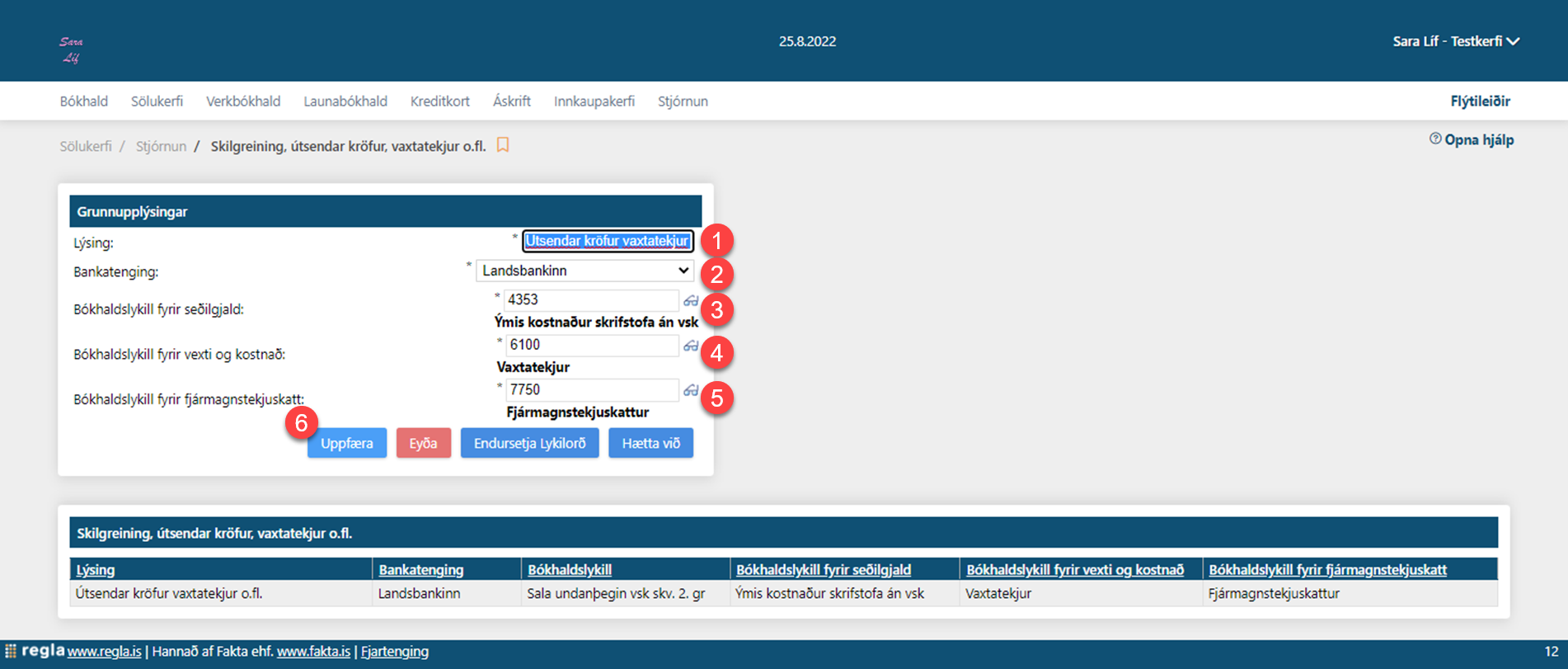Why Middle Managers Are Essential For Company Success And Employee Well-being

Table of Contents
This article defines middle managers and their multifaceted responsibilities, arguing that they are indispensable for both company success and employee well-being. We'll explore how effective middle managers bridge communication gaps, drive performance and productivity, and cultivate positive work environments. Finally, we'll offer actionable strategies for investing in and developing your middle management team.
Bridging the Gap: How Middle Managers Facilitate Communication and Collaboration
Middle managers occupy a crucial space within an organization's hierarchy, acting as the vital link between upper management and frontline employees. Their ability to effectively manage communication and collaboration directly impacts team performance and overall company success.
Improving Communication Flow
Effective middle managers are masters of communication, ensuring clear and consistent messaging flows seamlessly throughout the organization. They act as a filter, translating complex directives from upper management into actionable steps for their teams, and vice-versa, conveying employee feedback and concerns to leadership.
- Regular team meetings: Facilitating open dialogue and addressing concerns promptly.
- Open-door policies: Creating a welcoming environment for employees to voice their opinions and seek clarification.
- Transparent communication of company goals: Ensuring employees understand how their individual work contributes to the bigger picture.
- Utilizing collaboration tools: Employing platforms like Slack, Microsoft Teams, or Asana to streamline communication and project management.
These communication strategies build trust, transparency, and a shared understanding of organizational goals, ultimately fostering a more engaged and productive workforce.
Fostering Collaboration Across Teams
Breaking down departmental silos and encouraging cross-functional collaboration is another key responsibility of effective middle managers. They facilitate teamwork and knowledge sharing, leveraging the diverse strengths within the organization.
- Cross-functional projects: Assigning team members from different departments to work together on shared objectives.
- Team-building activities: Organizing events that foster camaraderie and improve inter-team relationships.
- Shared goals: Establishing common objectives across teams to promote a sense of shared purpose and collaboration.
- Implementing project management methodologies: Using Agile or Kanban to enhance team collaboration and productivity.
By fostering a collaborative spirit, middle managers enhance innovation, problem-solving, and overall efficiency within the organization.
Driving Performance and Productivity: The Middle Manager's Role in Goal Setting and Achievement
Middle managers play a pivotal role in translating high-level strategic objectives into tangible, achievable goals for individual teams. Their expertise in performance management and employee development is crucial for driving productivity and achieving organizational success.
Setting Clear Expectations and Goals
Effective middle managers excel at setting clear, measurable, achievable, relevant, and time-bound (SMART) goals for their teams. This clarity ensures everyone is working towards the same objectives and understands their individual contributions.
- SMART goals: Defining specific, measurable, achievable, relevant, and time-bound objectives for each team member.
- Regular performance reviews: Providing constructive feedback and identifying areas for improvement.
- Utilizing performance management software: Leveraging technology to track progress, provide feedback and manage performance effectively.
- Open and honest communication: Ensuring that expectations are clearly understood and regularly reviewed.
This focused approach maximizes individual and team productivity, leading to better overall performance.
Mentoring and Developing Talent
Investing in employee development is a hallmark of effective middle management. Middle managers act as mentors and coaches, nurturing their team members' skills and fostering their career growth.
- One-on-one meetings: Providing regular opportunities for feedback, coaching, and career guidance.
- Training opportunities: Identifying and providing access to relevant training programs to enhance skills.
- Career development planning: Working with team members to create individual development plans that align with their career aspirations and organizational needs.
- Providing opportunities for growth and challenge: Delegating responsibilities and empowering employees to take on new challenges.
By actively investing in their team's development, middle managers create a culture of continuous learning and improvement, fostering employee loyalty and retention.
Cultivating a Positive Work Environment: Middle Managers as Champions of Employee Well-being
A positive and supportive work environment is crucial for employee well-being and productivity. Middle managers are uniquely positioned to cultivate such an environment, acting as advocates for their team's needs and fostering strong team dynamics.
Building Strong Team Dynamics
Effective middle managers prioritize building strong team relationships and creating a supportive work environment. They understand that happy, engaged employees are more productive and committed.
- Team-building exercises: Organizing activities that promote camaraderie and build trust among team members.
- Open communication: Fostering an environment where employees feel comfortable sharing their thoughts and concerns.
- Recognition of achievements: Acknowledging and celebrating individual and team successes.
- Conflict resolution: Addressing conflicts promptly and fairly to maintain a positive and productive work environment.
These efforts foster a strong sense of belonging and boost team morale.
Addressing Employee Concerns and Providing Support
Middle managers serve as a buffer between employees and upper management, addressing concerns and advocating for their team's needs. They understand the importance of employee well-being and strive to create a supportive workplace.
- Addressing workload issues: Identifying and addressing situations of excessive workload or burnout.
- Providing resources: Connecting employees with the necessary resources and support to perform their jobs effectively.
- Facilitating work-life balance: Promoting healthy boundaries and encouraging employees to prioritize their well-being.
- Promoting mental health awareness and support: Providing resources and training to support employee mental well-being.
This proactive approach to employee support builds trust, loyalty, and ultimately contributes to a happier, more productive workforce.
Conclusion: The Essential Contribution of Middle Managers
Effective middle management is not merely a layer in the organizational structure; it's the critical engine driving both company success and employee well-being. We've explored how skilled middle managers bridge communication gaps, drive performance and productivity, and cultivate positive work environments. The benefits are undeniable: increased productivity, improved communication, higher employee retention, and a stronger company culture.
Invest in your middle management team today to unlock the full potential of your organization and foster a thriving work environment. Effective middle management is key for both company success and employee well-being. Developing strong middle management skills and providing them with the necessary resources and support is an investment that yields significant returns in terms of increased productivity, employee satisfaction, and long-term organizational success.

Featured Posts
-
 Huaweis New Ai Chip A Challenge To Nvidias Dominance
Apr 29, 2025
Huaweis New Ai Chip A Challenge To Nvidias Dominance
Apr 29, 2025 -
 What We Learned About Treasuries On April 8th
Apr 29, 2025
What We Learned About Treasuries On April 8th
Apr 29, 2025 -
 Auckland Remuera Incident Du Val Founder Kenyon Clarke Detained
Apr 29, 2025
Auckland Remuera Incident Du Val Founder Kenyon Clarke Detained
Apr 29, 2025 -
 Porsche Macan Rafbill Upplysingar Um Afhendingu Og Verdlagningu
Apr 29, 2025
Porsche Macan Rafbill Upplysingar Um Afhendingu Og Verdlagningu
Apr 29, 2025 -
 Champions League Ein Rueckblick Auf Deutsche Top Spiele
Apr 29, 2025
Champions League Ein Rueckblick Auf Deutsche Top Spiele
Apr 29, 2025
